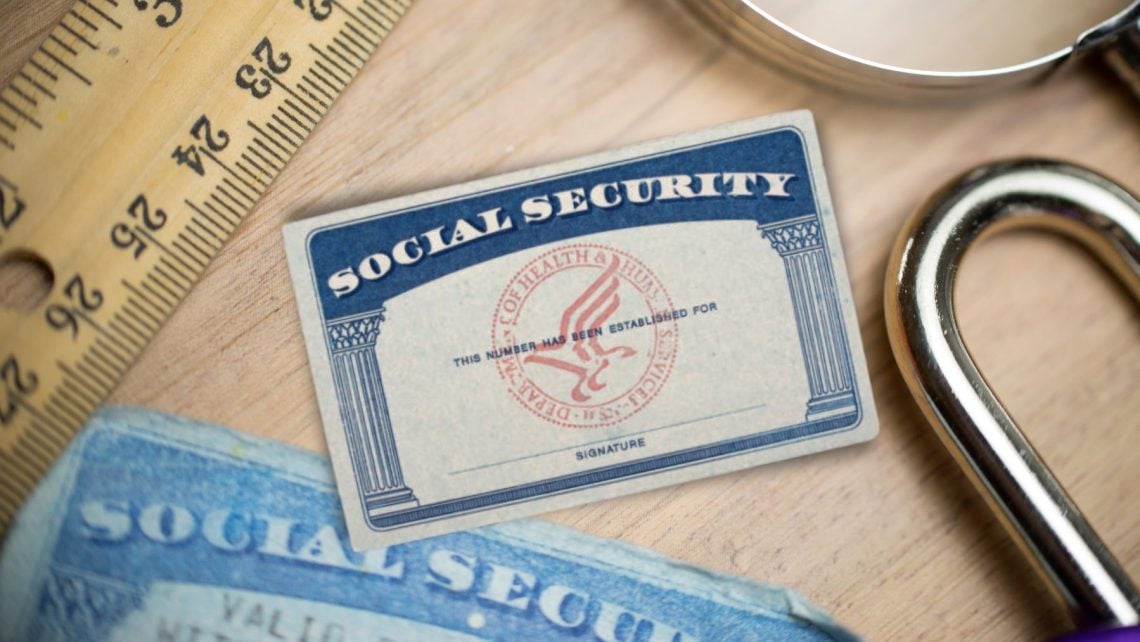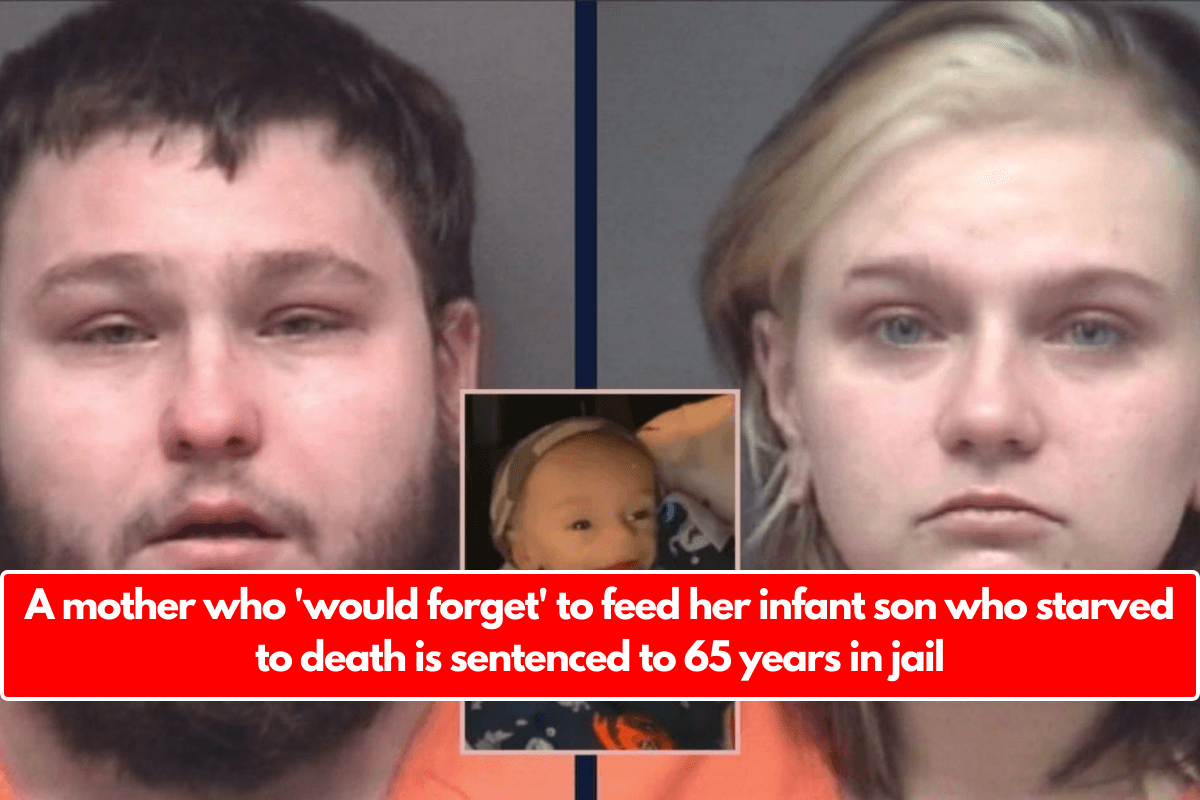Most of the time, you might think that the cost-of-living adjustment (COLA) is the only way to raise Social Security benefits. This process is done once a year to protect your money from inflation, but it is not the only way to change or increase benefits.
Several things affect how much your benefits will be before you get them, and these things may change over time, which could cause your monthly benefits to go up or down.
In this case, there is a proposed law that will change the amounts that some SSA beneficiaries get if it passes. Read on to find out more about it and see if you are one of the people who will be affected by this new choice.
What is the new measure that can impact your Social Security benefits?
Representatives Garret Graves (R) for Louisiana’s 6th Congressional District and Abigail Spanberger (D) for Virginia’s 7th Congressional District introduced a bill in September that would change a part of the Social Security Law to make it more flexible and let more people get higher Social Security benefits.
The Social Security Fairness Act aims to get rid of the Windfall Elimination Provision (WEP) and the Government Pension Offset (GPO), which are two parts of the Social Security payment that are taken into account.
To get a sense of what it all means, let us look at each of the parts that affect Social Security benefits. The WEP is mostly for people who have had jobs that Social Security did not pay for. Because of this, workers at those companies would not have had to take money out of their paychecks to pay Social Security taxes to the SSA.
People who worked for the same company often had a pension plan that gave them money when they retired. This rule was put in place in 1983 to stop what are called “windfall” benefits, which happen when you get money from two different sources.
In this case, from both the SSA and another institution. When you compare your benefits to those of someone who has contributed more, those who have contributed less are getting more. This is what the main problem is.

On the other hand, the GPO is similar in that it targets people who get benefits from two different sources and whose SSA benefits are cut to make up the difference. This reduction is for spouses or survivors, which is the term for the dependents of a worker who died.
SSA gives these people benefits with the money that would have been for the worker’s retirement but is now given to his children or parents who have lost their main source of income.
Who will get their Social Security benefits impacted by the new measure?
Basically, people who have worked in jobs that are not covered by Social Security (and do not have to pay into it to get credits) depend on people who work in jobs that are covered by Social Security.
People who have worked for the government (for example, civilian federal employees hired before 1984 who are covered by the Civil Service Retirement System and state and local government employees who are part of their jurisdictions’ retirement plans), in foreign jobs, as public school teachers, railroad workers, clergy, or as police officers are often affected.
The Congressional Research Service says that the GPO affects at least 1% of people who are already claiming Social Security. The WEP, on the other hand, affects 3% of people and cuts Social Security benefits for 4% of all beneficiaries.
When is the new measure going to affect your Social Security benefits?
The idea was approved by the House of Representatives by a vote of 327 to 75 for now. Congress will have to agree to it in January 2025. If it is passed, the SSA will have to recalculate Social Security benefits paid since January 2024, which is when the proposal stops. Starting in 2025, your Social Security checks will be different.
Read Also :- Disability beneficiaries have major changes in Social Security in January














